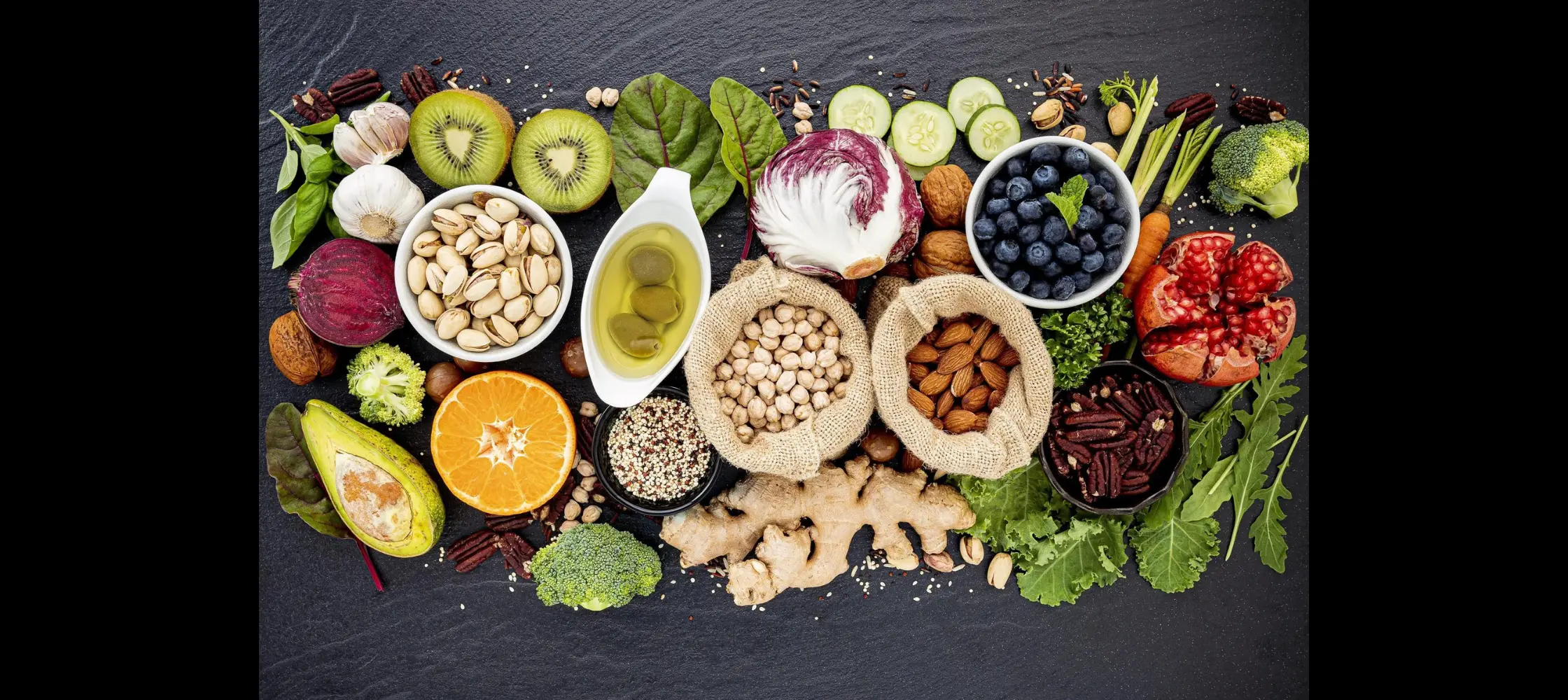
During menopause, a woman’s body goes through significant hormonal changes, which can lead to various physical and emotional symptoms. While there is no one-size-fits-all diet for menopause, adopting a balanced and nutritious eating plan can help manage symptoms and promote overall well-being.
Diet plays an important role in managing the symptoms and changes that occur during menopause. As a woman’s body undergoes hormonal shifts, it is important to focus on nutrient-rich support for her overall health and address specific menopausal concerns. Some of the dietary tips are discussed in the following paragraphs.
Calcium-Rich Foods: Due to the decline in estrogen levels during menopause, women are at a higher risk of bone loss and osteoporosis. This loss can to an extent be compensated by including calcium-rich foods like dairy products, leafy green vegetables, fortified cereals, and nuts to support bone health. Also include whole grains like brown rice, quinoa, whole wheat, and oats over refined grains since it provide fiber, which can help with digestive health and manage weight.
Vitamin D and B12: This is essential for calcium absorption and bone health. Spending some time outdoors to get natural sunlight and including sources of vitamin D in the diet such as fatty fish, fortified dairy, or plant-based milk and egg yolks can help get Vitamin D. Also include sources of vitamin B12 as with the progression in age, the body’s ability to absorb vitamin B12 can decline.
Fruits and vegetables: One should always aim for a variety of colorful fruits and vegetables as they provide essential vitamins, minerals, antioxidants, and fiber that contribute to overall health and may help manage symptoms like hot flashes.
Healthy fats and protein: Focus on sources of healthy fats such as avocados, nuts,, seeds, and olive oil. These fats support heart health and can help manage weight. Likewise, an adequate amount of protein intake is important for maintaining muscle mass and supporting metabolism. Incorporate lean sources of protein like poultry, fish, beans, lentils, and tofu. Also, stay well-hydrated by drinking plenty of water throughout the day. Herbal teas are also a good option.
Limit added sugar and processed foods: Women should minimize their intake of sugary snacks, desserts, and processed foods as these can lead to weight gain and contribute to other health issues. Menopause can also bring changes in metabolism and weight distribution. Women should therefore be mindful of portion sizes to help maintain a healthy weight. Moderation in caffeine and alcohol is also advised as both can exacerbate symptoms like insomnia and hot flashes in some women. Limiting their intake may help manage these symptoms.
Consult a Healthcare Professional: Every woman’s experience of menopause is unique. It is a good idea to consult with a registered dietitian or healthcare provider who can tailor dietary recommendations based on an individual’s needs while addressing any underlying health conditions.
Besides the above, regular exercise, stress reduction, and getting enough sleep also play important roles in overall well-being during this phase of life.
*Disclaimer: The above article is based on the information available through various sources. Always consult your dietitian, doctor, and/or health expert for expert advice.
Your email address will not be published. Required fields are marked *
29 Jan, 2024
29 Jan, 2024
29 Jan, 2024
25 Jan, 2024